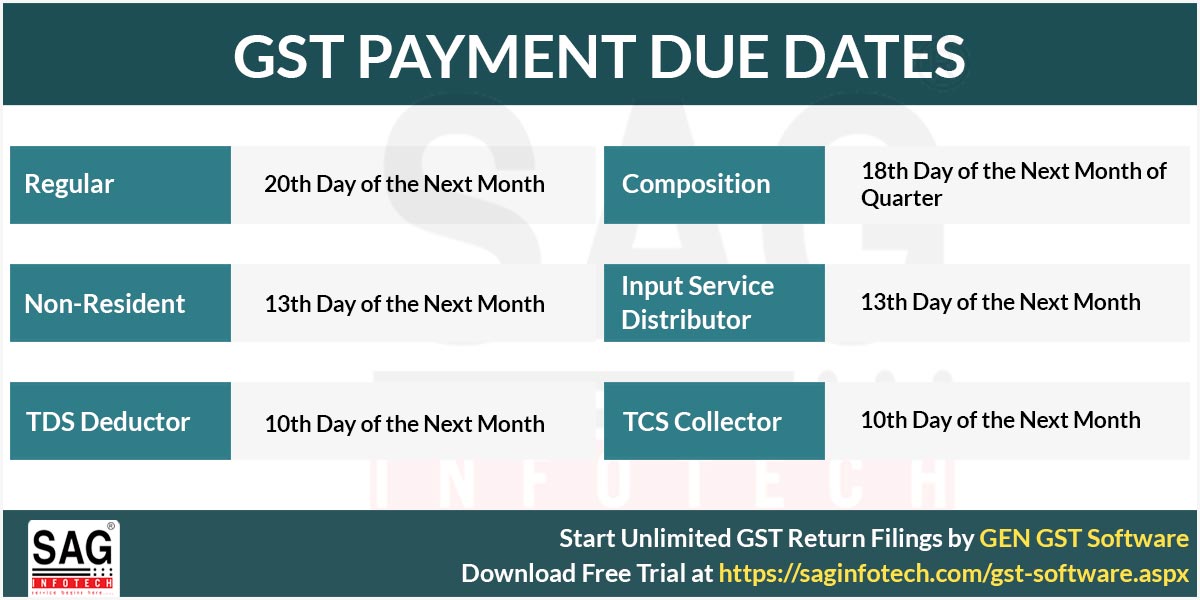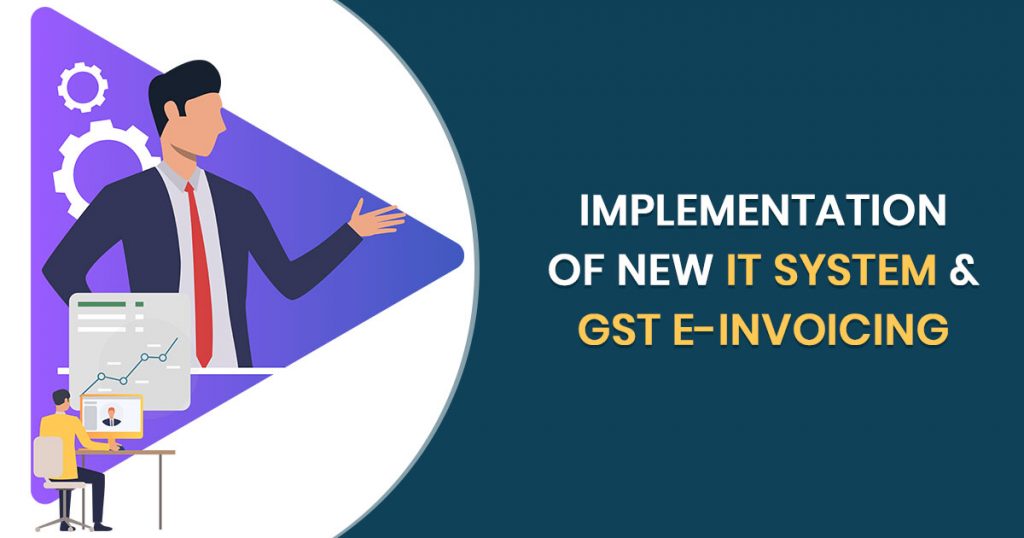
On Saturday, the GST Council asked Infosys to upgrade the IT system of GST by July 30, 2020, and extended the launch date of the e-invoicing system till September 30, 2020. Nandan Nilekani, the non-executive chairman of Infosys, suggested in a presentation that for the ease of roll-out of the new tax system, a progressive theme should be opted. He advised that the roll-out process should be started by resolving compliance-related issues first. He said that by doing so tax evasion and abuse of loopholes due to non-linking of forms GSTR 1 and GSTR 3 can be brought down.
Nandan briefed the 39th GST council meeting 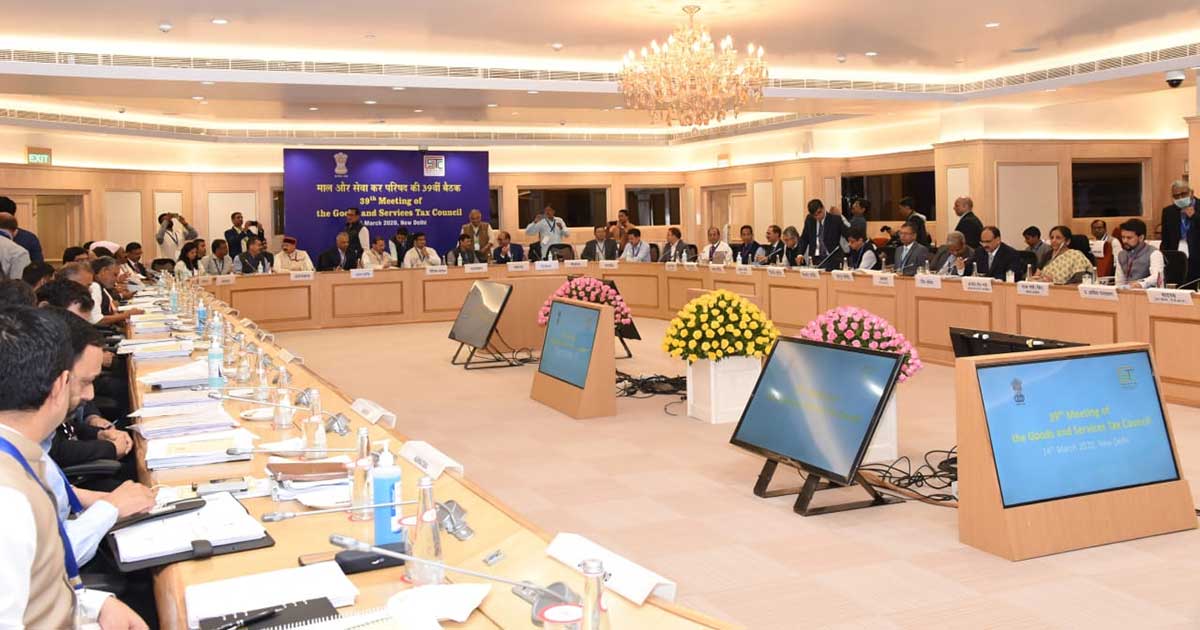
The council agreed to hire additional manpower, up to 60 persons, on time and material basis. The council also assured that proper approvals will be provided for the procurement of additional hardware and hiring the workers but asked Infosys to remove the technical glitches during the filing of returns instantly. The earlier date of 1 April 2020, for the launch of e-invoicing and new returns, was extended to 1 October 2020.
GST Annual Returns
Relaxation to the Micro, Small and Medium Scale Enterprises from submitting reconciliation statement in form GSTR-9C 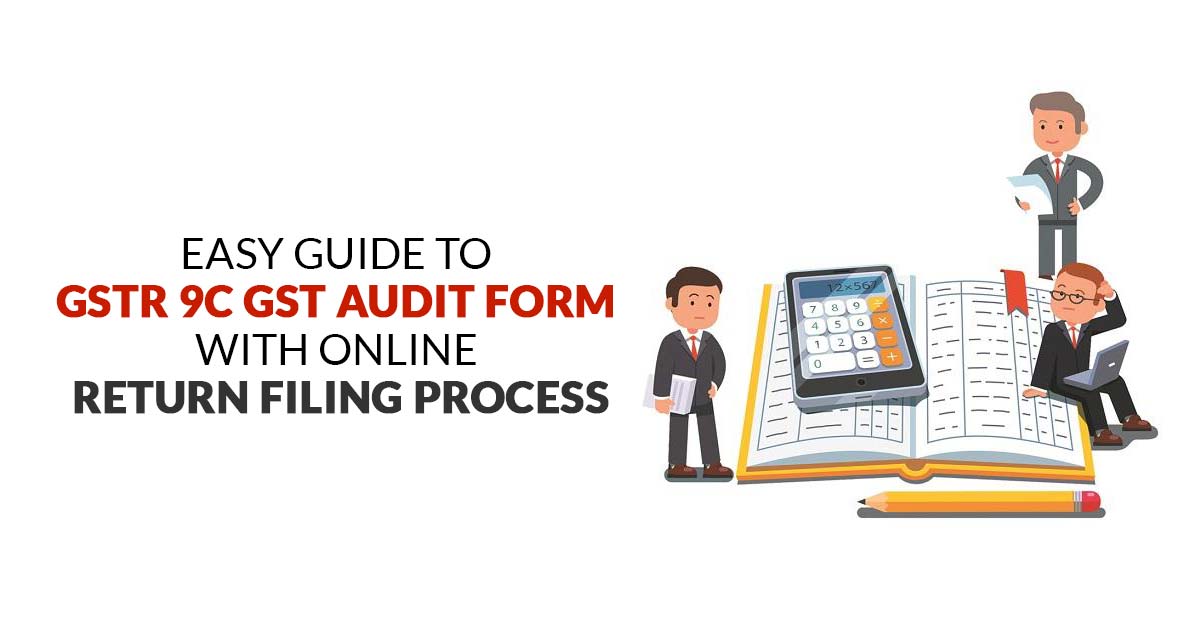
A partner at Deloitte India, MS Mani said that the idea of opting progressive method to introduce changes in the tax filing system will help the taxpayers to get accustomed to these changes gradually. “The concerted efforts to overcome the technology challenges faced by businesses in GST would result in more businesses coming under the ambit of GST,” he said. He also added that the changes to be brought in by April 1, 2020, will have created an extra burden in the businesses.
The partner at Shardul Amarchand Mangaldas & Co, Rajat Bose said that the introduction of e-invoicing 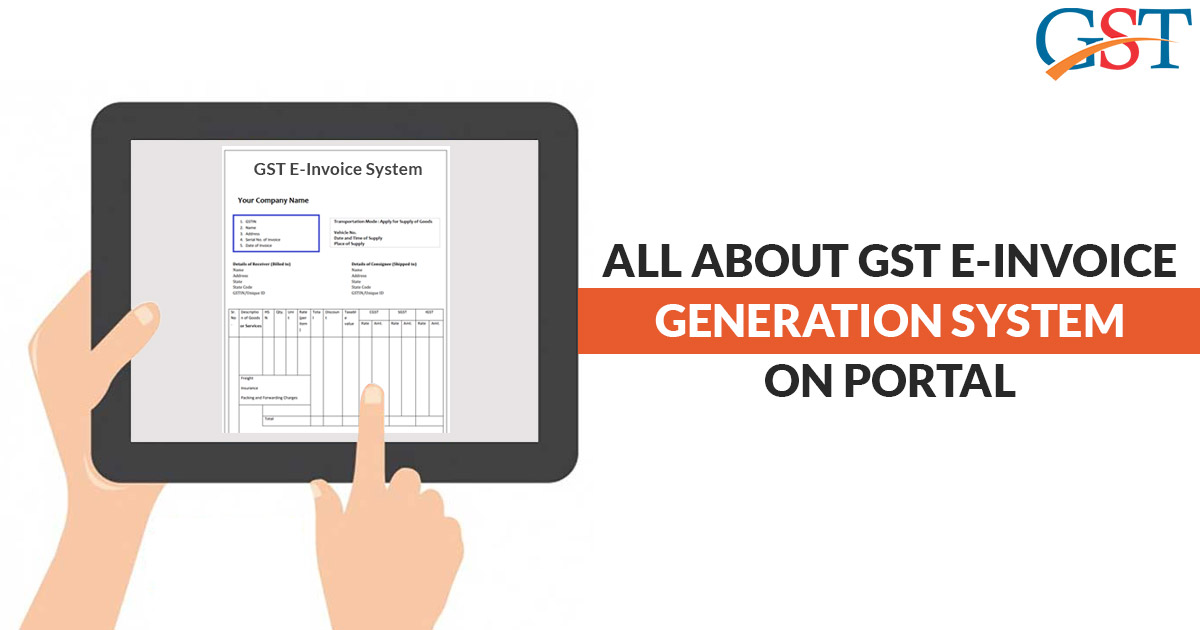
Interest on Delays in Payment
The council decided to relieve the businesses form the interest to be paid for the delays made in the payments of GST. The businessmen will be charged interest on the net cash tax liability with effect from July 1, 2017.
The Partner with NA Shah Associates, Parag Mehta said that substantial litigation was expected on the notices sent by the department of GST to collect interest on non-payment or late payments of GST 